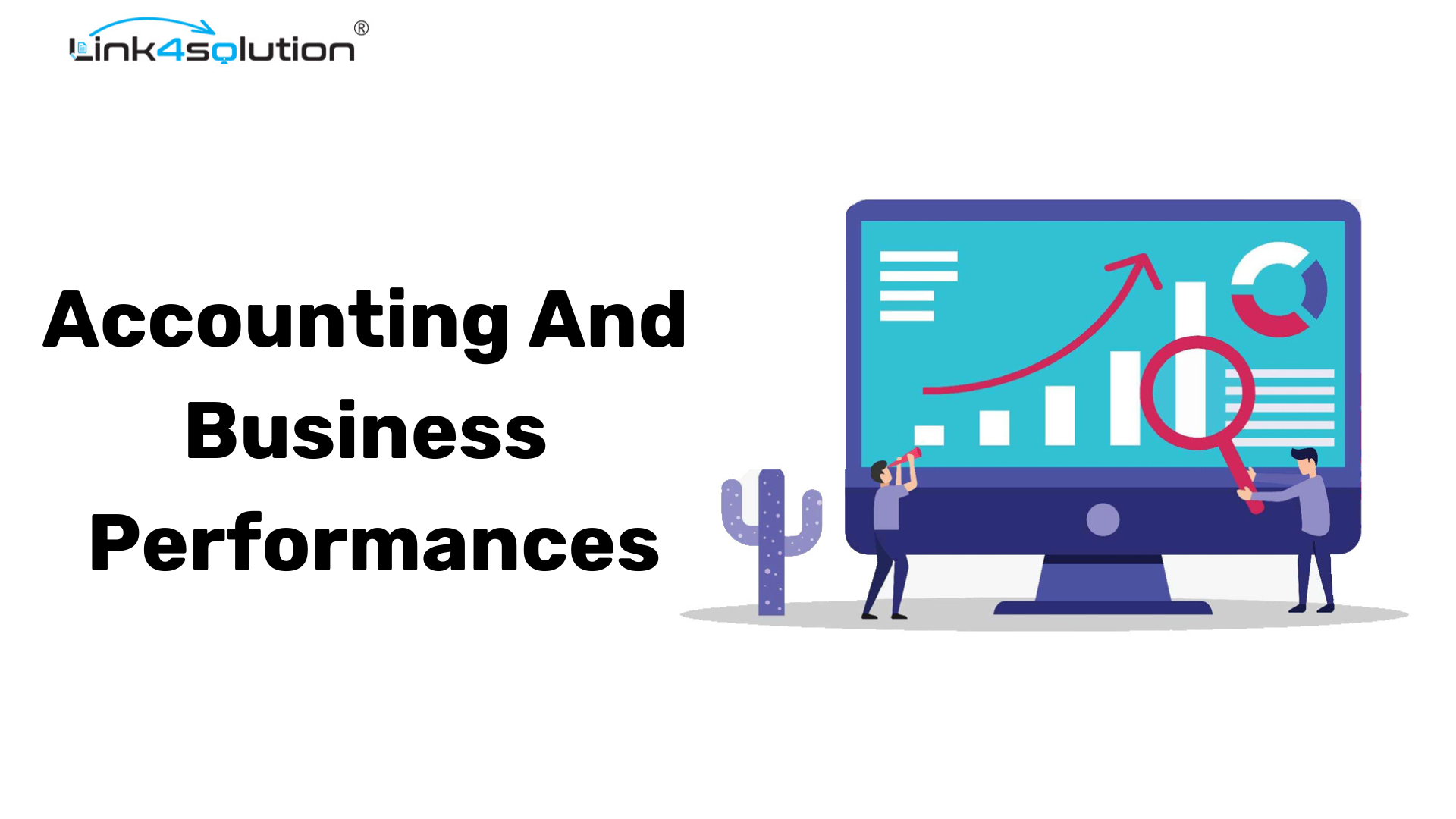Understanding the complexities of taxes can sometimes be challenging, particularly when differentiating between tax preparation and tax planning. Both play a vital role in effectively managing your finances, but they have distinct purposes and are carried out at different points in the year. Let’s dive into the specifics of each process and explore their differences, especially within the context of Indian tax regulations.
Understanding Tax Preparation
Tax preparation involves the compilation and filing of tax returns in accordance with the Income Tax Act. It is a popular activity that tends to reach its highest point just before the filing deadline in July for taxpayers not covered under audit. The main objective of tax preparation is to accurately report all financial transactions from the previous financial year ending March to the Income Tax Department, ensuring that your taxes are paid or refunded as necessary together with income/loss earned/occured.
Important factors to consider when preparing taxes are:
– Determining your taxable income: This process entails adding up income from different sources, including salary, business profits, gains from stocks or real estate, and income from other sources such as interest.
– Calculating deductions and allowances: Different deductions under various sections, such as investments in EPF, PPF, life insurance, etc. (section 80C), medical insurance (section 80D), and allowances like HRA, LTA, etc., are subtracted to determine your net taxable income.
– Filing tax returns: online portals offered by the Income Tax Department of India for submission of returns .
Understanding Tax Planning
Tax planning, on the other hand, takes a more comprehensive and strategic approach to organizing your financial affairs in order to minimize your tax liability within the boundaries of the law. It is a continuous process that is best dealt with throughout the entire financial year.
Some possible tax planning strategies could be:
– Maximizing tax savings: By making early investments in tax-saving instruments such as PPF, ELSS, NPS, etc., individuals can effectively lower their taxable income.
– Maximizing exemptions and rebates: Gaining a thorough understanding of and successfully applying for rebates, such as the rebate under section 87A, and strategically planning for the exemptions offered under different sections of the Income Tax Act.
– Tax-loss harvesting: Selling investments that have incurred losses in order to offset capital gains from other investments.
The Key Distinctions
While tax preparation focuses on meeting legal requirements, tax planning aims to maximize benefits and minimize liabilities.
– Scheduling: Preparation is an annual task that revolves around the tax filing season. Planning is a continuous process, enabling you to make thoughtful choices that can positively impact your financial well-being.
– Main area of expertise: Preparation emphasizes the importance of accuracy and strict adherence to tax laws in order to avoid any potential penalties. Planning is centered around minimizing future tax liabilities through strategic financial choices.
– Result: The main goal of tax preparation is to ensure that your tax return is filed correctly and in compliance with applicable tax laws. The result of tax planning is a strategically managed financial situation that allows you to minimize your tax liability within the bounds of the law.
The Significance of Both
Being proactive with tax planning and paying attention to detail during tax preparation can result in substantial savings and reduce stress in the future.




